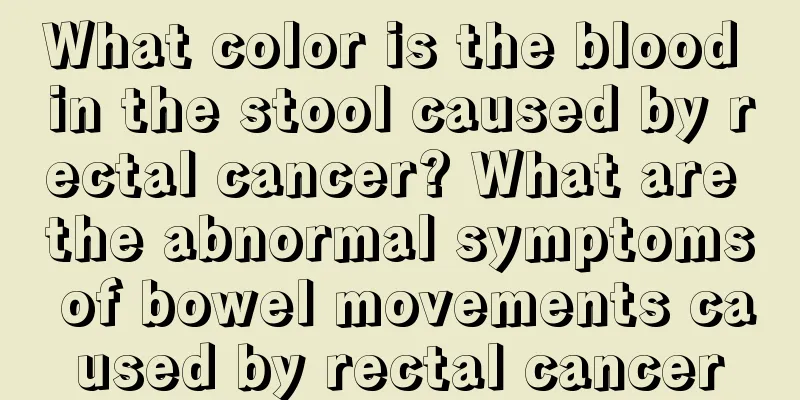How long does it take to gain weight after taking hormones

|
Hormone drugs are a type of drug that is widely used in clinical medicine. Many people choose to take hormones to cure the disease after they develop some health problems. However, although hormone drugs have good therapeutic effects, if taken for a long time, they will cause problems such as obesity. In addition to obesity, it can also cause metabolic disorders in the human body, induce infection, or cause some mental symptoms! 1. Cause metabolic disorders Long-term use of large doses of corticosteroids can cause disorders in the metabolism of water, salt, sugar, protein and fat: manifested as centripetal obesity, moon-shaped face, hirsutism, weakness, hypokalemia, edema, hypertension, diabetes, etc., which is clinically called Cushing's syndrome. These symptoms do not require special treatment and will generally disappear gradually on their own after stopping the medication, and will return to normal after several months or longer. If necessary, antihypertensive and hypoglycemic drugs can be used, and symptomatic treatments such as a low-blood pressure, low-sugar, high-protein diet and potassium supplementation can be given. Therefore, patients with hypertension, arteriosclerosis, renal insufficiency and diabetes should take appropriate supplements of vitamin D and calcium and use corticosteroids with caution. 2. Induce or aggravate infection Corticosteroids have anti-inflammatory effects, but not antibacterial effects. They can reduce the body's ability to resist infection, reduce the body's disease resistance, and facilitate the growth, reproduction and spread of bacteria. Therefore, long-term use of corticosteroids may induce infection or cause the body's latent infection foci to expand or spread, and may also cause previously dormant tuberculosis foci to spread. During the medication process, attention should be paid to changes in the condition and whether there is any infection-inducing phenomenon, and anti-infection treatment should be given at the same time. 3. Induce or aggravate peptic ulcer In addition to hindering tissue repair and delaying tissue healing, glucocorticoids can also increase the secretion of gastric acid and pepsin, reduce gastric mucus secretion, reduce the resistance of gastric mucosa, induce or aggravate bleeding of gastric and duodenal ulcers, and even cause gastrointestinal perforation. 4. Neurological symptoms Agitation and insomnia may occur, and some patients may develop mental illness, and some patients may develop epileptic seizures. Therefore, it should not be used by patients with mental tendencies, mental illnesses and epilepsy. |
<<: Can white vinegar and flour remove spots?
Recommend
How to choose the treatment method for lung cancer? Introduction to the best treatment method for lung cancer
The effectiveness of lung cancer treatment also d...
Should I apply ginger on my hair when I wash it or after I wash it?
In life, everyone wants to have black hair, but h...
Can I eat shrimps if I have constipation
Shrimp are often eaten in daily life, but the fin...
Free pain
Pain can occur in any part of the body, and pain ...
Answer: Is acute mumps contagious?
Many people may not know where the parotid gland ...
Traditional Chinese medicine treatment for liver cancer of heat toxicity and Yin damage type
Liver cancer patients are weak and easily invaded...
Is baking soda harmful to the human body?
Baking soda is sodium bicarbonate, which is a wea...
What time is the best time to soak your feet in the morning
There is no strict rule on what time to soak your...
Tips for ears clogged with oily earwax
Under normal circumstances, people should excrete...
Is whooping cough easy to treat?
Whooping cough is a type of cough, and whooping c...
Can cervical precancerous lesions be cured? How to treat cervical precancerous lesions?
Cervical cancer is one of the common malignant tu...
What are the symptoms of being unable to walk
When elderly people reach a certain age, their bo...
What are the symptoms of colon cancer
Intestinal cancer is simply a cancer that occurs ...
Do you know the secret to prevent cancer? Follow these "5 fears" principles to keep cancer cells away from you!
Cancer is a terrifying word that has mercilessly ...
What are the causes of primary liver cancer? The three most common causes of primary liver cancer
Primary liver cancer is one of the more terrible ...









